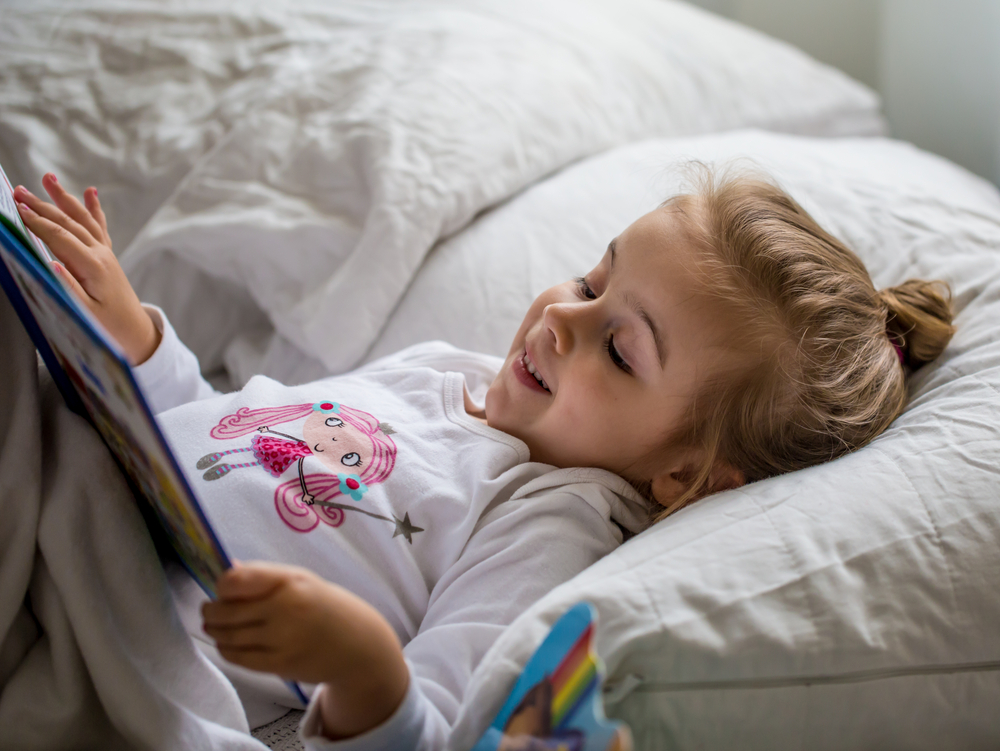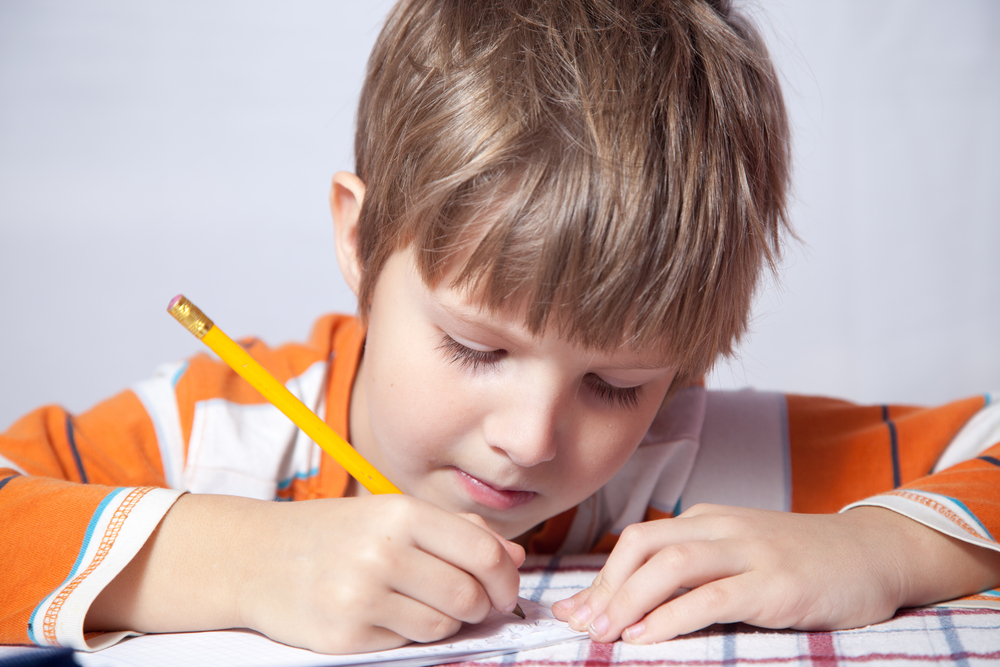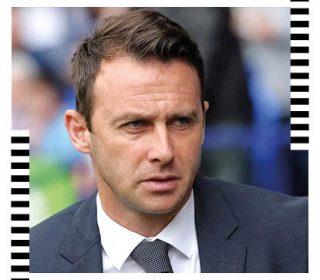Are dads society’s great unsung heroes?

Everybody’s relationship with their father is unique. Some will worship the ground he treads upon while others simply never knew who theirs was. Some wish they’d told their dad they loved him more often while he was still around. Others harbour rather more painful memories.
Wherever you sit on that spectrum, it certainly seems that what bonds us all is the relationship we had with our father when we were children can very much help define who we become as adults.
STABLE ENVIRONMENT
Through nurturing and mentoring, quality dad time can help equip us with the skills to steer through life’s stormy waters. But on the flipside, the evidence is stark: absent or ‘bad’ dads can mean we’re more likely to hit the rocks.
We live in an age where same sex parents are rightly celebrated. Extensive research shows that among children born into gay or lesbian families, any differences in child well-being are largely down to socioeconomic factors and family stability. Evidence shows a loving, non-traditional family trumps a traditional, broken home. But other controversial studies, such as that in the American journal Social Science Research, suggested children of gay or lesbian parents may be more likely to have social and emotional problems.
Critics, however, pointed out that 69% of the children of lesbian mothers in this study received state benefits, compared with 17% from intact biological families, so poverty played a central part.
We also regularly hear Britain’s 1.8 million single parents homes do much-admired work, so amid all this, sticking up for dads is seen as almost old-fashioned.
BAD RAP FOR DADS
Despite many fathers undeniably being some of society’s great, unsung heroes, it’s rare for dads to get good press.
The Independent cheerlessly told us recently: ‘British fathers are the worst in the world at sharing childcare,’ citing a study by the Fatherhood Institute that showed British dads spend less time caring for their children than any others in the developed world. The report claimed British men spend a mere 24 minutes looking after their children for every hour mums put in, putting the UK at the bottom of 15 countries. The Fatherhood Institute blames the gender pay gap, an unequal British shared parental leave system, and mother-centric health care.
Of course, several other factors are also at play – such as that more women choose to be primary carers and British men are working the second longest hours in Europe – an average 43 hours a week compared to 29 hours for women.
Many men, like women, would love to work less to achieve better work/life balance, yet either for financial reasons, or fear of losing their jobs, they cannot.
One of the most heartbreaking memories of my life as a dad was last summer, when a sudden work commitment meant I was forced to work in a café WiFi hotspot in Cornwall while on a family holiday. Four hours later, my wife texted me a picture of my boy, Sonny, seven, laughing and jumping over a sandcastle he had built. Even now, the memory of not being there brings tears to my eyes.
But if even small amounts of time away from kids can break a parent’s heart, long periods of absence can have an even more profound effect on children.
On Father’s Day 2011, David Cameron said ‘runaway dads’ should feel the ‘full force of shame’ and be ‘stigmatised’ by society in the same way as drink-drivers.
His comments were blasted by men’s campaigners such as Erin Pizzey, who said: ‘There are a lot of reasons why fathers are not with their children, not least that women won’t let them’.
Yet a raft of recent evidence has piled even greater pressure and further blame on dads.
DADDY’S GIRLS
Last month, a controversial paper published in The Psychologist called Absent Fathers and Sexual Strategies (written by three female co-authors) suggested ‘adolescent girls whose fathers were absent from the family home from early in life were twice as likely to have had sexual intercourse, and seven times more likely to be pregnant, by age 17’.
Why? The report concludes women with absent fathers constantly seek love or attention from men when little or none was forthcoming from their own dads. Furthermore, the authors claim such women can be commitment-phobic, as they don’t think men will stick around, because their fathers didn’t.
The report finishes by underlining the importance of Parental Investment Theory – or ‘the time you put into your child’s upbringing will determine how they turn out’ – especially true in the early years.
THE BOY CRISIS
Having myself worked as a campaigner on men’s and boys’ issues, I’m daily confronted by evidence that the absence of dads has a particularly stark effect on boys.
Vincent McGovern of Families Need Fathers says: ‘The link between crime and fatherlessness is undeniable. Youth offending costs the UK £13billion per year. Boys from lone parent homes are twice as likely to be jailed as those from two parent homes, while 70% of youth offenders come from lone parent homes.’
On 25 June, Warren Farrell, an American educator, activist and author of seven books on men’s and women’s issues visited London for the annual Male Psychology Conference to give a rousing talk on what he has termed ‘the boy crisis’.
ALL YOU NEED IS LOVE
Warren’s take on hands-on fatherhood has some big-name admirers: after attending one of Warren’s New York workshops, in 1975 John Lennon took five years off from music to rear his second son, Sean, born that year, calling it ‘one of the most important decisions in my life’.
In contrast to Sean Lennon, of whom John proudly said, ‘He didn’t come out of my belly but, by God, I made his bones, because I’ve attended to every meal, and to how he sleeps, and to the fact he swims like a fish’, Warren says ‘dad-deprived boys’ suffer psychologically and behaviourally.
‘Fatherless boys are less likely to display empathy, be less assertive, depressed, have nightmares, talk back and be disobedient,’ he says. ‘They are less likely to form and maintain lasting relationships, too.
‘These boys will also be more likely to have low self esteem, fewer friends, and are likely to do worse in every single academic area, especially reading and writing, and maths and science.’
This is certainly true in Britain, with white boys from impoverished backgrounds the worst performers. Just 26% of white boys who were eligible for free school meals achieved five GCSEs at grade A to C, compared with 40% of black boys and 63% of all other pupils.
Girls out-perform boys at all levels up until university, where men are now a minority in more than two thirds of subjects. To counter this, Warren suggests more positive male role models in schools, and even affirmative action such as hiring more men.
The good news for parents is that small changes like these can still make a huge difference.
First, Warren urges men to see the role of fatherhood like John Lennon: as the ultimate reward, to be put above status, money and success.‘Fatherhood is about passing on character, which is the most empowering and gratifying feeling,’ he says. ‘We should celebrate gentle, caring, loving values in men; not just power, but responsibility.
‘To an eight-year-old boy, their dad is God. Backing off or abandoning them leaves the child feeling not important.’
Of course life is not always perfect. Warren urges separating parents to park their own differences to help the child feel loved. He advocates allowing estranged dads access to their children, no matter how painful that may be for mothers.
Likewise when dads aren’t around, Warren points out that ‘bad mouthing’ them can cause damage.
‘Data shows divorced mums are five times more likely to bad mouth dads than dads do mums,’ he says. ‘That, to me, is child abuse: not by intent, but by outcome. Girls feel like there aren’t a lot of good men and it makes the boy feel that when he’s a dad, he will be a second class citizen. It makes him hesitant to have kids himself as he feels he won’t be respected.’
Of course, we are not all ‘doomed without daddy’. Nobel Laureates, Pulitzer Prize winners (and even Barack Obama) were raised without fathers.
Positive male role models can be found among friendship circles, or at sports and community clubs, church and schools.
But the evidence that fathers have a significant uplifting effect on children’s, and especially boys’, psychological development is overwhelming.
Dads make a difference. Dads can be heroes – if only we give them the chance.
Read more: Edith Bowman on being a working mum













